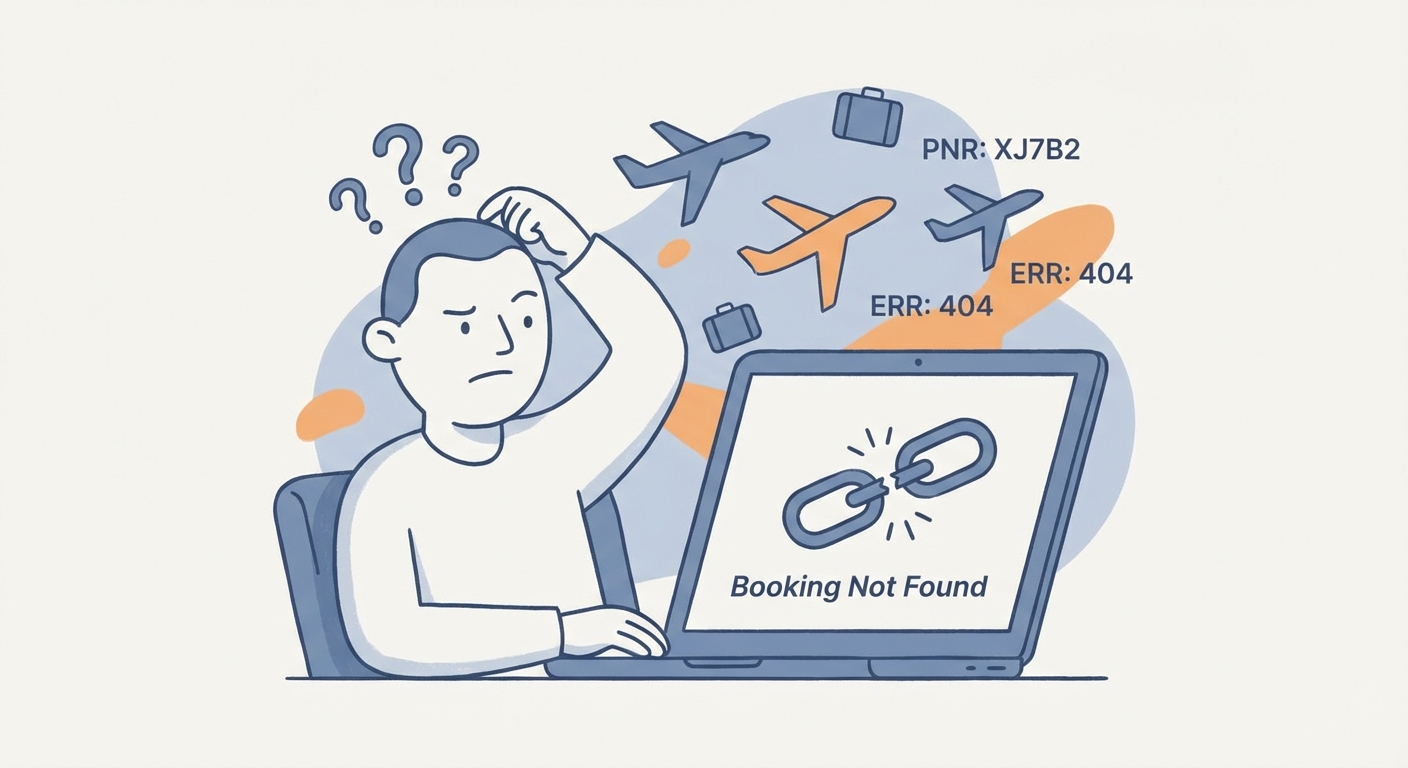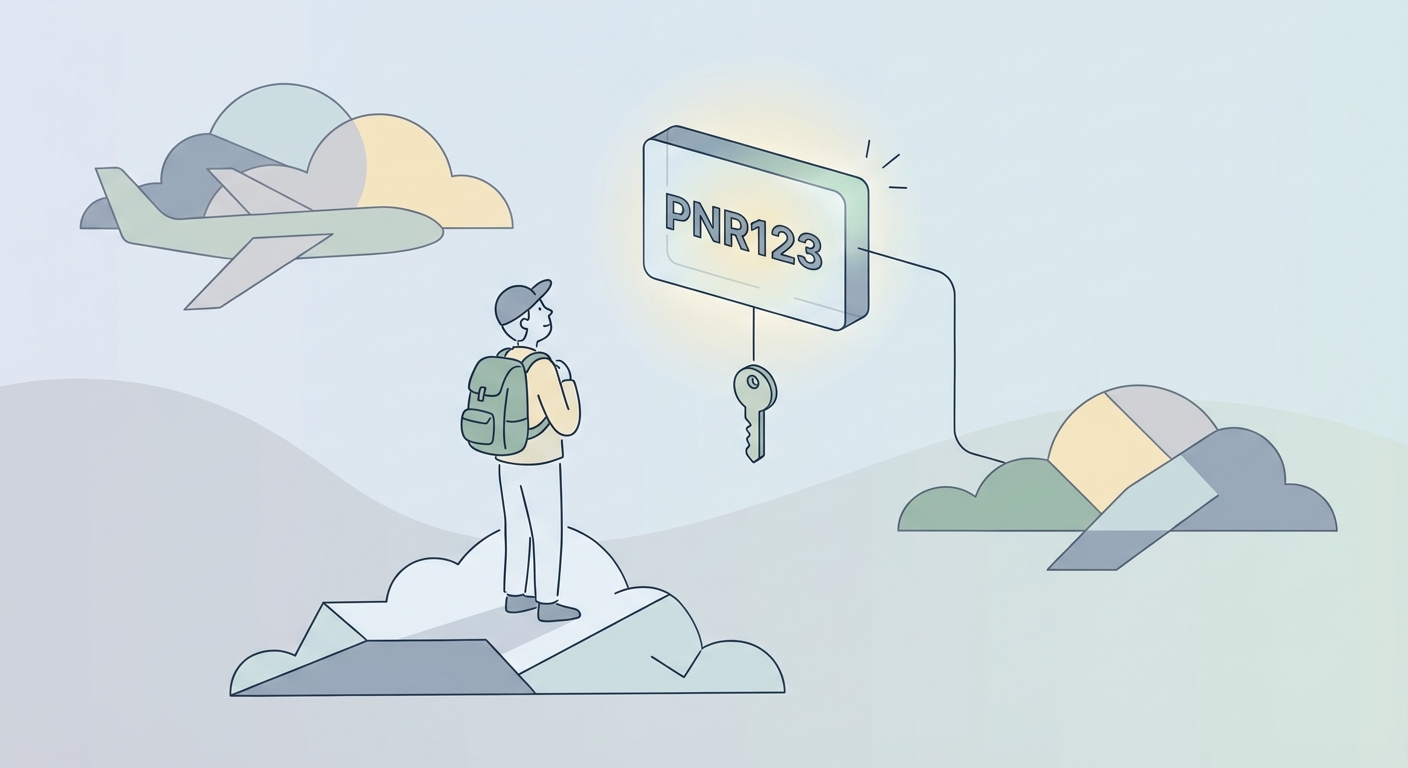Dynamic Pricing Algorithms in Flight and Hotel Bookings
TL;DR
- This article dives into the world of dynamic pricing algorithms used by airlines and hotels and how these algorithms impact the prices you pay. We'll break down how these systems work, what factors they consider, and how you can navigate them to snag the best deals for your next adventure, so you don't get ripped off.
Understanding Dynamic Pricing: What's the Deal?
Ever noticed how flight prices jump around like crazy? That's dynamic pricing in action, and it's way more common than you think. So, what's the deal?
Definition: Dynamic pricing is basically prices changing in real-time, based on what's happening right now. Things like demand, competitor prices, and even the weather can affect how much you pay. (Dynamic pricing and dynamic price strategy explained - Stripe)
Static vs. Dynamic: Forget the old way of setting prices once and leaving them. Dynamic pricing is all about being flexible, adjusting prices constantly to match what's going on. Hotel dynamic pricing involves changing room rates daily. (Dynamic Pricing Strategy in Hotels: A Complete Guide)
Why it Matters: It has a big impact on your travel budget, obviously. But it shows up in other places too; like in healthcare, where prices for procedures can change based on the time of day, or in retail, where that jacket you're eyeing might cost more on the weekend.
Airlines and hotels wants to fill those seats and rooms at the best possible price, right? Algorithms help them do this by predicting demand and tweaking prices as needed. It isn't always about ripping you off; sometimes it's about making sure they don't have empty rooms. Next, we'll look at how companies use this to maximize their profits.
How Dynamic Pricing Algorithms Work: The Nitty-Gritty
Ever wondered how airlines and hotels seem to know exactly how much to charge you at any given moment? It's all thanks to some pretty complex dynamic pricing algorithms working behind the scenes. Let's dive into the nitty-gritty of how these algorithms actually work, shall we?
Dynamic pricing algorithms are like super-smart detectives, constantly gathering clues to set the best price. They look at a whole bunch of different things, including:
- Demand: How many people are trying to book a room or flight right now? The higher the demand, the higher the price usually is.
- Time of Year: Think peak season versus off-season. Prices for hotels are higher during summer but go down in the winter.
- Day of the Week: Weekends are often more expensive for hotels, since it's when most people goes on vacation.
- Special Events: Concerts, festivals, or even a big conference in town? Expect prices to jump.
- Competitor Prices: What are other airlines or hotels charging? Algorithms keep a close eye on what rivals are doing.
- Real-Time Data: Weather, news, or other unexpected events can all affect prices.
- Booking Window: Are you booking way in advance, or at the last minute? That also affects the price.
These algorithms use a lot of data and machine learning to predict future demand. It's pretty complex stuff, but here's the gist:
- Machine Learning: Algorithms learn from past data, like previous booking patterns, to predict what's going to happen in the future.
- Complex Calculations: They're crunching tons of data points at once, way more than any human could handle.
- Constant Adjustments: Prices can change multiple times a day, depending on how all those factors are shifting.
So, basically, it's a non-stop process of gathering data, making predictions, and tweaking prices. Next, we'll see how these algorithms are applied in practice.
Dynamic Pricing in Flights: Soaring High or Nosediving?
Ever wonder why flight prices change faster than the weather? It's all about how airlines use dynamic pricing.
Airlines are all about yield management, trying to squeeze every last penny out of each flight.
- They use seat classes to do this, which are essentially different tiers of service and comfort on the same flight. Think economy, premium economy, business, and first class. Each class has a different price point, and airlines dynamically adjust how many seats are available in each class and at what price based on demand and booking patterns.
- Plus, there's last-minute deals – trying to fill those empty seats as departure gets closer. When an algorithm sees that a flight isn't filling up as expected, it might trigger a price drop for remaining seats to avoid flying with too many empty spots. This is how those seemingly "too good to be true" last-minute deals can pop up.
What does this mean for you?
- Be ready for prices to change real quick!
- Always keep an eye out for hidden fees; those can really add up.
- And try to find that "sweet spot" for booking, getting the best deal at the right time.
Next, we'll see how this plays out in hotels, too.
Dynamic Pricing in Hotels: A Room with a View... and a Price Hike?
Hotel prices, they're not just about the room, right? It's a whole thing.
- Occupancy matters: If a hotel is mostly full, its dynamic pricing algorithm will likely increase room rates. This is because the perceived value of the remaining rooms goes up when supply is low and demand is high. The algorithm sees fewer available rooms and predicts that guests are willing to pay more for them.
- Room type and amenities: Suites, rooms with ocean views, or those with special features naturally cost more. Algorithms factor in the base price of a room type and then adjust it based on demand for those specific features. A room with a prime view might see a larger price increase during peak times than a standard room.
- Location, location, location: A hotel in the city center, close to attractions or business districts, will command higher prices than one located further out. The algorithm recognizes the inherent demand associated with a desirable location and adjusts rates accordingly. If there's a major event in the city center, the algorithm will significantly hike prices for hotels in that area due to the surge in demand.
So, yeah, it all adds up, and that's how they get ya. Next up, how this impacts you!
Tips and Tricks: How to Beat the Algorithms
Want to outsmart those sneaky pricing algorithms? It's totally doable, I promise!
Here's a few tricks that might help you save some cash:
- Be flexible with dates, like, try flying on Tuesdays or Wednesdays--they're usually cheaper.
- Book in advance, but not too early. There is a booking sweet spot, ya know? Booking too early might mean you miss out on early bird discounts or sales that haven't been released yet. Booking too late, on the other hand, often means prices have already climbed as demand increases and availability shrinks. The "sweet spot" is generally a few weeks to a couple of months before your travel date, depending on the destination and time of year, but it can vary.
- Comparison sites are your friend; shop around a little bit, see what's out there.
- Think about other airport options.
Ready for more awesome travel tips?
The Future of Dynamic Pricing: What's Next?
Dynamic pricing isn't going anywhere, that's for sure. But where is it headed, exactly?
- Expect ai (artificial intelligence) to get even smarter, figuring out what you are willing to pay. ai uses advanced machine learning to analyze vast amounts of data, including your past booking history, browsing behavior, and even your location, to predict your price sensitivity.
- More personalization means prices could change just for you, based on your past trips. This could manifest as tailored discounts for loyal customers, or slightly higher prices for individuals who have historically booked at higher rates or shown less price sensitivity.
- There's gonna be a push for more transparency, so you know why prices are what they are.
- Regulations might even step in to stop price gouging, which could help travelers.
It's a bit of a wild west out there, but keep your eyes open, and you might just snag a good deal.





